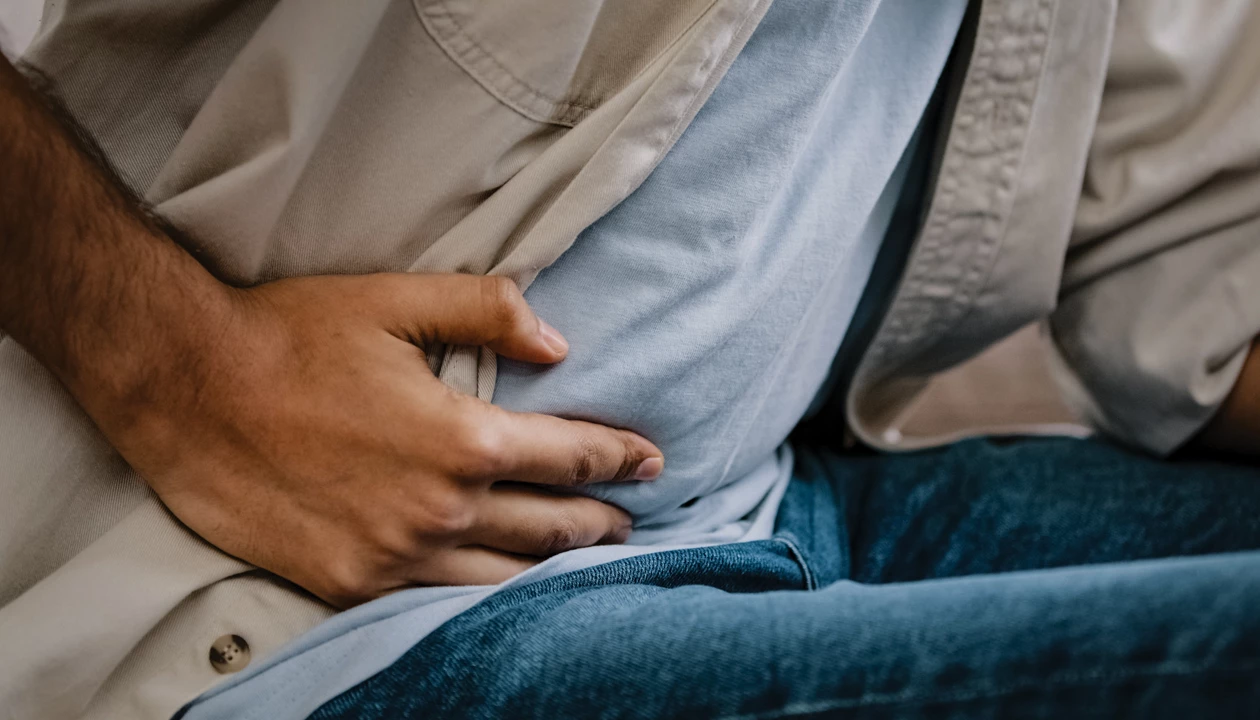A simple “sugar seal” for a pill could enable a new noninvasive test for intestinal inflammation. More appealing than uncomfortable colonoscopies or tricky home sample collection, this tool uses a synthetic sugar that triggers the release of a brilliant blue dye, which is easy to spot in stool samples (Device 2025, DOI: 10.1016/j.device.2025.100865). The researchers say this cost-effective capsule could improve the quality of life of around 7 million people worldwide who have an inflammatory bowel disease (IBD), such as ulcerative colitis or Crohn’s disease.
A collaboration between the research groups of Yuhan Lee and Jeffrey Karp of Harvard University and Caitlyn L. Maikawa of the University of Toronto created the edible biosensor. It looks like a classic capsule for medication but is sealed with a specially designed sugar polymer that is responsive to reactive and radical species that are associated with disease and inflammation. That polymer is based on dextran, a water-soluble polysaccharide, which is modified with insoluble fragments of phenylboronic esters that help the polysaccharide resist the corrosive acids in the stomach so the capsule can successfully sail into the intestines.
If the intestines are inflamed, the high levels of reactive biomarkers such as hydrogen peroxide break the polymer’s ester bonds, degrading the polymer back to dextran, which then easily dissolves, breaking open the capsule and releasing its contents—a synthetic dye known as erioglaucine. The dye turns the contents of the guts a bright blue that can be easily seen upon exit.
The researchers tested their system in vitro and in vivo using rats with ulcerative colitis, and they found that 78% of the devices detected the disease with an easy-to-spot color change.
The team says the pill presents a promising alternative for monitoring IBDs. The capsule not only cuts down costs but also reduces the reliance on laboratory analyses and tricky or invasive procedures, which could increase quality of life for people with IBDs.
Chemical & Engineering News
ISSN 0009-2347
Copyright ©
2025 American Chemical Society
